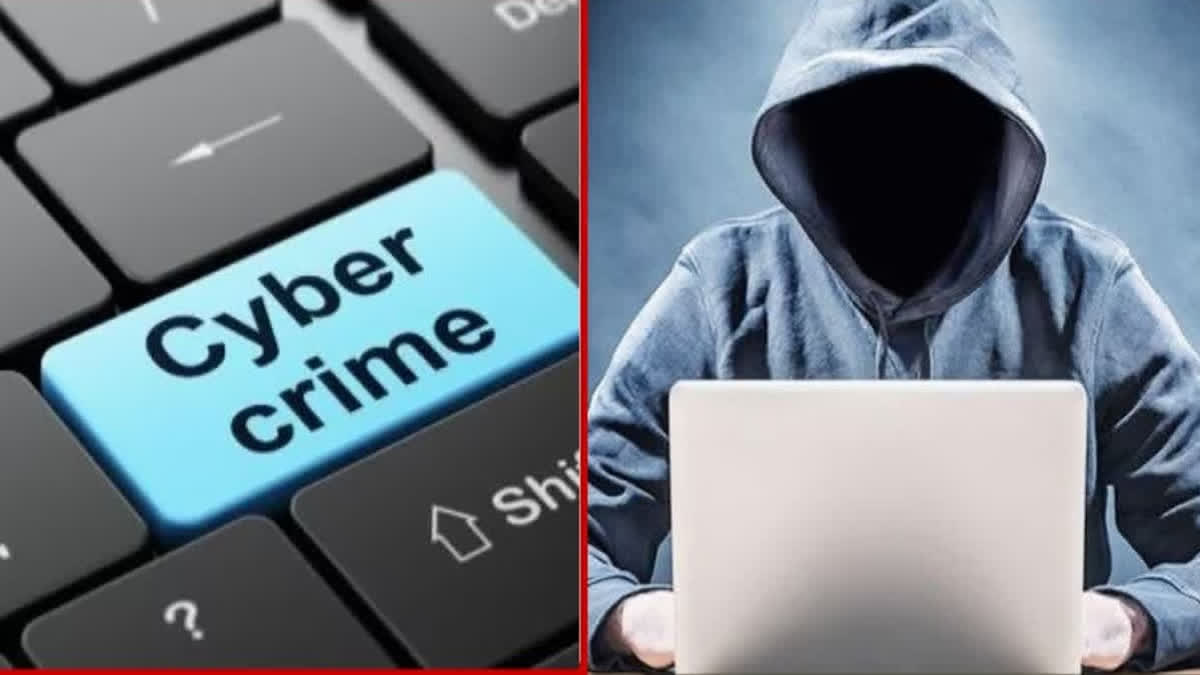New Delhi: Giving a major blow to the cybercrime networks, the Indian Cybercrime Coordination Centre (I4C) in collaboration with the Department of Telecommunications (DoT) has blocked over 17,000 WhatsApp accounts of cybercrime networks operating from South East Asia.
“All the WhatsApp accounts were used by cybercriminals, which were connected to fraudulent call centres often linked to Chinese casinos in Cambodia, which serve as hubs for organised cybercrime,” a senior government official told ETV Bharat on Friday.
Speaking to this correspondent, Sukhjinder Singh Randhawa, sitting MP and a member of the Parliamentary Standing Committee on Home Affairs, termed the increasing incidents of cyber fraud as a serious concern.
"It's a matter of concern. The government has adopted several steps, but more needs to be done," said Randhawa admitting the fact that the network of cybercriminals always adopts new modus operandi to cheat people.
Randhawa said that he would take up the matter of cybercrime in the next meeting of the Parliamentary Committee on Home Affairs. The blocking of such a huge number of WhatsApp accounts is the second such crackdown by the government department and associated agencies. Earlier this month, the telecom department shut down 1.77 crore mobile numbers, which were being used for money-related frauds.
“We have reports where the victims fall prey to the fake and spam messages or calls, and some become victims of financial fraud,” the official said.
Investigation revealed that cybercriminals operate from countries like Cambodia, Laos, Thailand and Myanmar. The crackdown was initiated following numerous complaints received from victims through online platforms. “Most of the complaints highlight the growing threat of digital fraud. Over 50 per cent of these accounts had been active since January 2024 and were primarily used to deceive Indian citizens through scams,” the official informed.
Another major disturbing fact involving cybercriminals is the fact that they get involved in human trafficking as well. “The organised criminal networks target the gullible youths from different places of India and force them into cyber slavery,” the official said.
Investigations unearth a connection between these scams and human trafficking, with Indian citizens lured to Cambodia, Laos and other places under false job offers and coerced into conducting online financial frauds.
It is worth mentioning that in May this year, the Home Ministry set up an Inter-Ministerial Committee following a big rise in transnational organised cybercrime taking place in Southeast Asian countries like Cambodia, Myanmar and Laos-Philippines.
The Indian Cyber Crime Coordination Centre was approved by the government on October 5, 2018. The department focuses on tackling all the issues related to cybercrime for the citizens, which includes improving coordination between various law enforcement agencies and the stakeholders. The I4C officially started functioning on January 10, 2020.
“Our main intention is to bring an overall awareness against cybercrime,” another senior official from I4C told this correspondent.
Interestingly, the Department of Telecommunication has been playing a major role in fighting against organised cyber networks and criminals.
In October, the Department of Telecom launched the “International Incoming Spoofed Calls Prevention System” to identify and block such incoming international spoofed calls from reaching Indian telecom subscribers.
“Immediately after the system was made operational, it was found that within 24 hours of operation of the system, about 1.35 crore or 90% of all the incoming international calls with Indian phone numbers were identified as spoofed calls and blocked by Telecom Service (TSPs) from reaching Indian telecom subscribers,” the official said.
Of late, cybercriminals have been committing cyber crimes by making international spoofed calls displaying Indian mobile numbers (+91-xxxxxxxxx). These calls appear to be originating within India, but are being made from abroad by manipulating the calling line identity (CLI) commonly known as the phone number.
These spoofed calls have been used for financial scams, impersonating government officials, and creating panic. There have also been cases of cybercrime threatening disconnection of mobile numbers by DoT/TRAI officials, fake digital arrests, drugs/narcotics in couriers, impersonation of police officers and arrest in sex rackets.
Quite often the fraudsters adopt tactics like “digital arrests,” where they impersonate officials from agencies such as the CBI, income tax department, or customs to intimidate victims into transferring large sums of money.
Read more: Cybercrime cases on the rise in country, says Minister of State for Home



